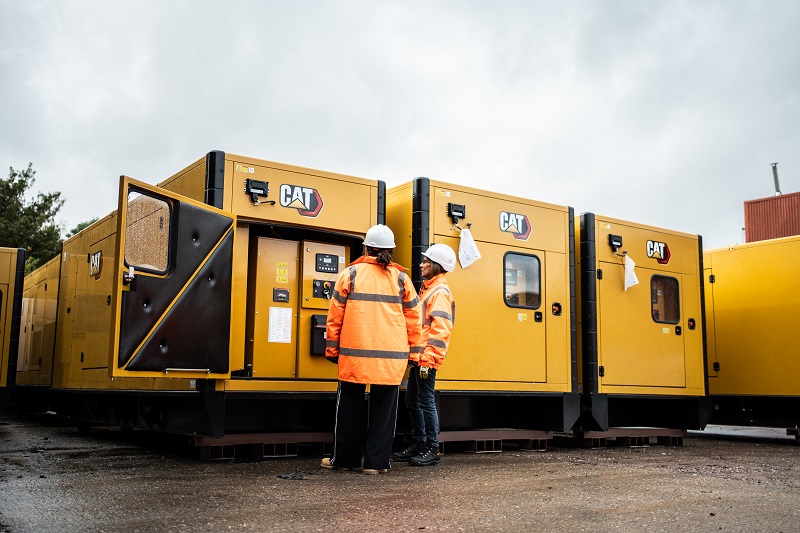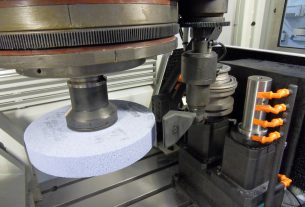The energy sector is being driven by the need for decarbonisation and the increasing demand for electricity. In this article, Kelly Cole, General Manager for Electric Power at Finning UK & Ireland, explores the challenges and opportunities in energy, providing valuable insights into how companies can thrive.
Challenges in renewable energy expansion
The renewable energy sector is experiencing significant growth, driven by the UK’s focus on offshore wind and solar generation. Substantial investments, such as the £960 million allocated to the UK Green Industries Growth Accelerator and the record-breaking $358 billion invested globally in renewable energy during the first half of 2023 (BloombergNEF), highlight this shift. However, the industry faces obstacles, including green protectionism, supply chain constraints and escalating costs, which have led to the abandonment of potentially lucrative projects.
The pursuit of clean energy is further complicated by challenges surrounding e-fuels, particularly in terms of energy efficiency, affordability and infrastructure readiness. E-diesel exemplifies these challenges, as its production involves multiple energy conversion steps, resulting in lower efficiency and higher costs compared to the direct use of renewable electricity.
The infrastructural demands for e-diesel, coupled with the current high production costs and the necessity for renewable hydrogen sources, highlight the intricacies of transitioning to clean energy solutions. The scalability of e-diesel production is further constrained by limited carbon dioxide feedstocks and the need for advanced technological breakthroughs.
Leveraging technology for a competitive and environmental edge
In response to these challenges, the adoption and integration of new technologies is encouraging. Developments in genset technology, such as advanced control systems, and the creation of microgrid solutions, show how companies can harness technology to optimise energy distribution, manage loads more efficiently and integrate distributed energy resources. Cat® microgrid technology, for instance, represents a leap forward in creating resilient and sustainable power solutions tailored to customer needs.
In terms of addressing e-fuel challenges, leveraging advanced technologies is crucial. Catalytic processes and the integration of renewable energy sources, for example, are pivotal for enhancing the efficiency and reducing the costs of e-fuel production. In addition, embracing collaborative platforms that unite researchers, industry stakeholders and policymakers can accelerate technological breakthroughs, from improving electrolysis efficiency to discovering cost-effective carbon capture methods.
Championing a greener future
To remain competitive and environmentally responsible, the electric power sector must adopt a multifaceted approach. This involves optimising power usage, understanding energy demands, and preventing equipment oversizing. Tackling e-fuel challenges also requires focused research and development efforts.
E-fuels, particularly e-diesel, hold immense potential for shaping a sustainable energy future. Despite production complexities, advancements in catalytic processes and renewable energy integration provide key solutions.
As a result, the integration of renewable energy sources into power systems is now a necessity. As we prioritise low-emission technologies and fuels, the role of advanced combustion technologies and emission control systems becomes increasingly important. Technology can not only reduce the environmental impact of energy generation but also create a more sustainable, energy-efficient world.





